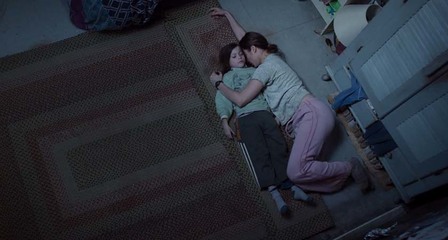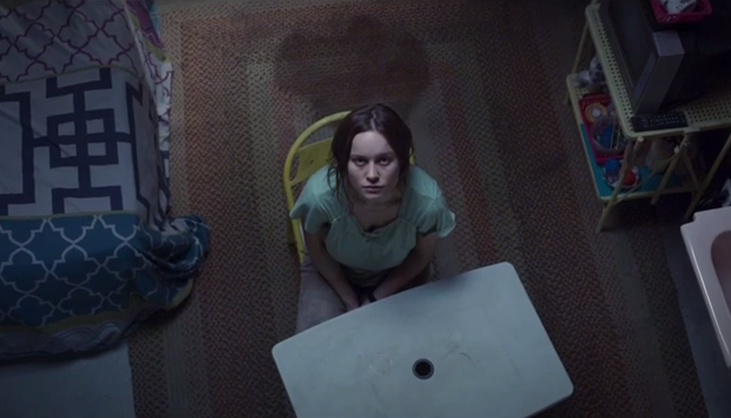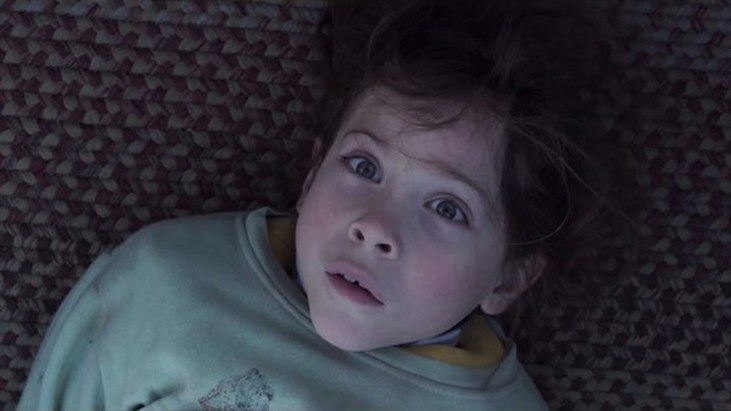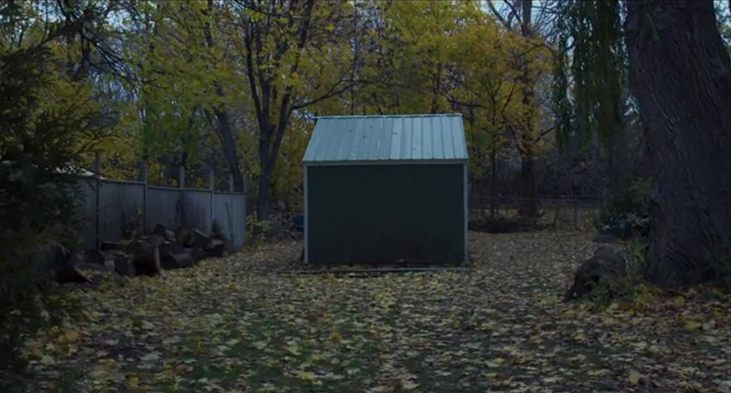 Let me start off by saying that Less Abrahamson’s Room is the type of film that is best to see completely blind. Obviously if you've read the book that isn't an option, but going into the film, I was expecting a pseudo-thriller about one woman’s attempt to free herself and her son from their captors, and it simply didn’t prepare me for the powerful and deeply resonant story about maternity, family, love and emotional rehabilitation which Room provides. Perhaps Room’s greatest attribute is simply how good of a job it does at keeping one step ahead of the viewer at all times, providing almost zero exposition whatsoever to the situations these characters find themselves in. Lesser films would find the need to further explain why Ma’s father has trouble reconnecting with her after she is rescued, but Room isn’t that stupid, understanding that less is more in stories of intense emotional trauma. Room is powerful and emotionally draining, but what makes the film so impressive is how it rarely, if ever, teeters into sentimentality, understanding that in a story like this there is no need to for any emotional manipulation. Told almost entirely from the point-of-view of young Jack, Room analyzes the deep emotional bond between mother and son, doing so in a genuine and emotionally resonant way. When these two characters are rescued their struggles are far from over either, as Room shows a great penchant for detail associated with the struggle to overcome heinous trauma, capturing how Brie Larson’s character, Ma , as well as her young son, Jack, struggle at first to re-assimilate themselves into society, both physically and emotionally. It’s a super small scene, but I loved the sequence in the hospital with the mirror, where Ma shows Jack what he looks like for the first time. While this small sequence could be described as “throwaway”, the scene manages to startle the audience into the realization of just how much Jack is unfamiliar with, setting up the rest of the film’s potent drama. From a directorial standpoint, I really appreciated Lenny Abrahamson’s decision to use a lot of tight compositions in the first half of the film, working two-fold, as it captures both the close bond between mother & son, as well as amplifying the claustrophobic setting that these two characters find themselves in. After the characters are rescued the compositions do open up a tad, but the filmmakers make the wise decision to never abandon the claustrophobic compositions completely, using these tight frames to visually express characters who are still struggling to adjust to their new-found freedom. Featuring a powerful and nuanced performance by Brie Larson, Lenny Abrahamson’s is an emotionally exhausting yet nuanced story about the effects of trauma on an individual’s psyche, which in turn delivers a stunning story about the power of maternal bonds.
0 Comments
Leave a Reply. |
AuthorLove of all things cinema brought me here. Archives
June 2023
|



 RSS Feed
RSS Feed
